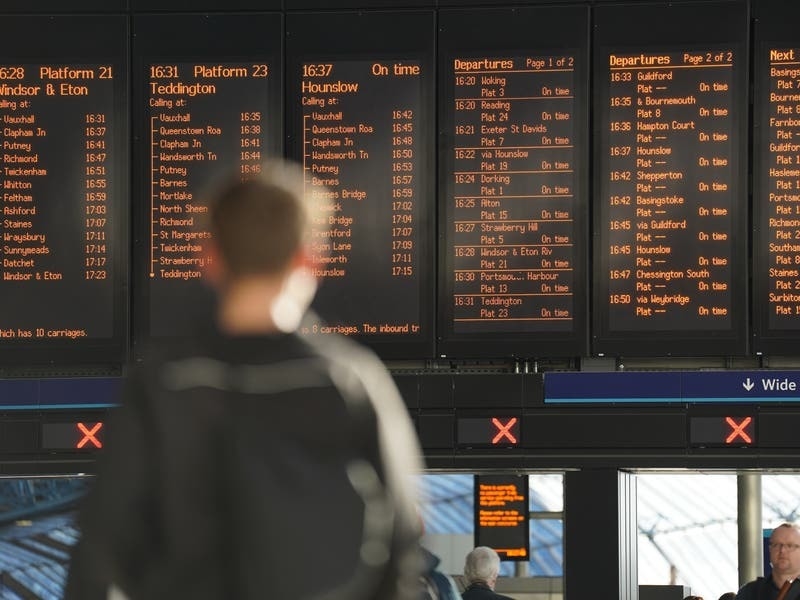In a letter sent yesterday to politicians, the National Trust for Jersey said it had submitted a tender to acquire three fields on either side of Route Le Brun – locally known as Pine Walk – overlooking St Catherine’s Bay.
The 11 vergées of prime early potato-growing land, which is designated for agricultural use, is expected to fetch between £77,000 and £99,000. The sale also includes the landmark pine trees that line the road.
The farmer who has leased the land for the past 14 years, Colin de la Haye, has questioned the decision to sell the land, the loss of which he says was a contributing factor to him closing down the export side of his business.
‘If this is how the States support farmers, then we are better off without their help,’ Mr de la Haye said. ‘The latest excuse I was given for the sale of the land is that the rent does not cover the administration costs.’
And the JEP understands there are concerns from people in the area that the land could be acquired by a wealthy resident living nearby and be taken out of cultivation, with a further loss to the agricultural industry of prime farming land.
In the letter to States Members, trust chief executive Charles Alluto says: ‘The National Trust for Jersey considers it is in the best interest of our Island that this land should either remain in public ownership or be cared for by a body such as ourselves, where public benefit lies at the very heart of its “raison d’etre”.
‘While fully recognising that the States of Jersey needs to manage its resources effectively, the trust strongly feels a suitable balance needs to be struck between best value and the long-term interest of our Island.’
The trust declined to reveal the size of its offer as the bidding process, which is being handled by Maillards Estates and was due to close at 12 noon today, is confidential. The final decision on which bid is successful lies with the new Infrastructure Minister, who is due to be chosen this week.
Last week the trust suggested entering into a ‘Plémont-style’ partnership with the States to acquire a privately-owned stretch of the coastal strip in St Ouen’s Bay between Le Braye and El Tico that is also being marketed by Maillards. It is valued in excess of £200,000 and bids have to be submitted by 12 noon on 21 June.
The trust was able to save the Plémont headland from development by striking a deal to buy the site for £7.15 million, with the States agreeing to fund half the cost.
The new Constable of St Martin, Karen Shenton-Stone, said she will asking the next Infrastructure Minister to accept the trust’s bid, even if it is lower than others.
‘This is like selling off our heritage,’ she said. ‘This is an iconic location and prime agricultural land so it is really important for the parish and the Island that is protected for the enjoyment of us all.’
Mr de la Haye, of Bel Val Farm, in St Martin, who has farmed the three fields at Pine Walk for 14 years, claims that losing the land was a key factor in him deciding to quit growing Jersey Royals for export to the UK. He was given notice in December 2016 and his lease ends on 30 June.
He wants to know the rationale behind the decision to sell land the States have owned since 1878.
‘All businesses have fixed costs and farming is no exception, so it is all about economies of scale. Together with the staffing issues farmers faced this winter, I had to take a serious look at my business and in mid-February I made the difficult decision to close down the export side of my farm and to grow for the local market only.’
Jersey Property Holdings, which is responsible for managing the States property portfolio, took the decision to sell the fields.
‘Where the public has land and buildings that are not required for service delivery or held for future strategic need, we look at whether there is any other reason to hold them,’ a spokesman said.
‘In reaching a decision on potential disposal, we consider, among other things, whether they provide an appropriate financial return to the public.
‘If there is no overriding reason to retain the land/buildings, then we will consider its disposal through an appropriate route that maximises the return to the public. That is the position we have reached with these fields.’






